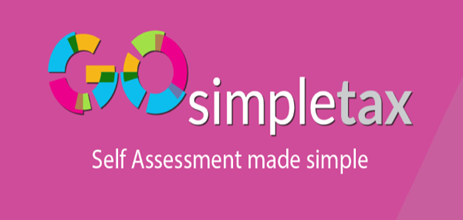
Many sole traders aren’t really that interested in accounting and tax, certainly not the technical stuff. Life’s busy enough when you’re running your own business, you’ve a long list of things to do and most of them are more interesting and enjoyable than tax.
But there are times when you need to understand the jargon and new rule changes, because they impact you. “Basis period reform” is an example of this. If you’re a sole trader, business partner or plan to start your own sole trader business, basis period changes introduced in April 2024 may well affect you. If yours in a relatively new business, you might even lose out on tax relief.
What is the basis period reform?
- The “basis period” is the 12-month accounting period you’re taxed on, based on the figures you report to HMRC via your Self Assessment tax return.
- From the 2024/25 tax year, the basis period reform means all sole traders and business partners must use the UK tax year – 6 April to 5 April – as their basis period.
- Special transitional rules will apply in the 2023/24 tax year. As a result, some taxpayers will report profits on their 2023/24 tax return for more than a 12-month period, which could result in additional tax to pay over five tax years (2023/24 to 2027/28).
Why was the basis period reform introduced?
- Sole trader businesses can choose their own accounting periods and often it’s the same as their basis period. So, a basis period could be from, say, 1 July to 30 June or 1 October until 30 September.
- HMRC says it has introduced the basis period reform “to create simpler, fairer and more transparent rules for allocating trading income to tax years”. Previously, two very similar businesses could have very different tax bills simply because their accounting dates are different. HMRC says it wants to end this by making things fairer for sole traders and business partners.
Will the basis period reform affect you?
If your business accounting period doesn’t end between 31 March and 5 April, the basis period reform will affect how you report your business profits to HMRC via your Self Assessment tax return.
- You’ll need to use the UK tax year (6 April to 5 April) as your basis period. You’ll include and pay tax on income and cost figures from between these dates, regardless of your business’s accounting period.
Can you claim Overlap Relief to reduce your tax bill?
If your accounting period ends between 31 March and 5 April, the basis period reform won’t affect you – unless you have unused “Overlap Relief”.
- Overlap Relief can reduce your tax bill. It’s based on “Overlap Profits”, which can arise if your business’s accounting period hasn’t always ended between 31 March and 5 April. This can happen in the first couple of years of a business starting or in any year when the sole trader, partner or their accountant changes the accounting period.
- If you have Overlap Profits, you must use all of your Overlap Relief in the 2023/24 transition period, otherwise you’ll lose it. If you’re not sure, find out if you’re due any overlap relief.
- HMRC has published guidance on when and how to include “Overlap Relief” in your 2023-24 Self Assessment tax return and how to find out your Overlap Relief figure. You’ll then be able to work out your transition profit (HMRC has created an online transition profit calculator for sole traders).
- You should do this long before you need to complete your Self Assessment tax return ahead of the online filing deadline of 31 January. In fact, you can complete and file your 2023/24 Self Assessment tax return now.
GoSimpleTax is award-winning software that makes it much quicker and a lot easier to complete and file your Self Assessment tax return. The solution for the self-employed, freelancers and anyone with income outside of PAYE.
Get started with GoSimpleTax today, it’s free to try.
Click here for more information.
About GoSimpleTax
Income, Expenses and tax submission all in one.
GoSimpleTax will provide you with tips that could save you money on allowances and expenses you might have missed.
The software submits directly to HMRC and is the solution for Greater Manchester Chamber Members who are freelancers, self-employed, sole traders or have income outside of PAYE to file their self-assessment giving hints and tips on savings along the way.
GoSimpleTax does all the calculations for you saving you ££’s on accountancy fees. Get started with GoSimpleTax today and grab your 25% Chamber member discount.

